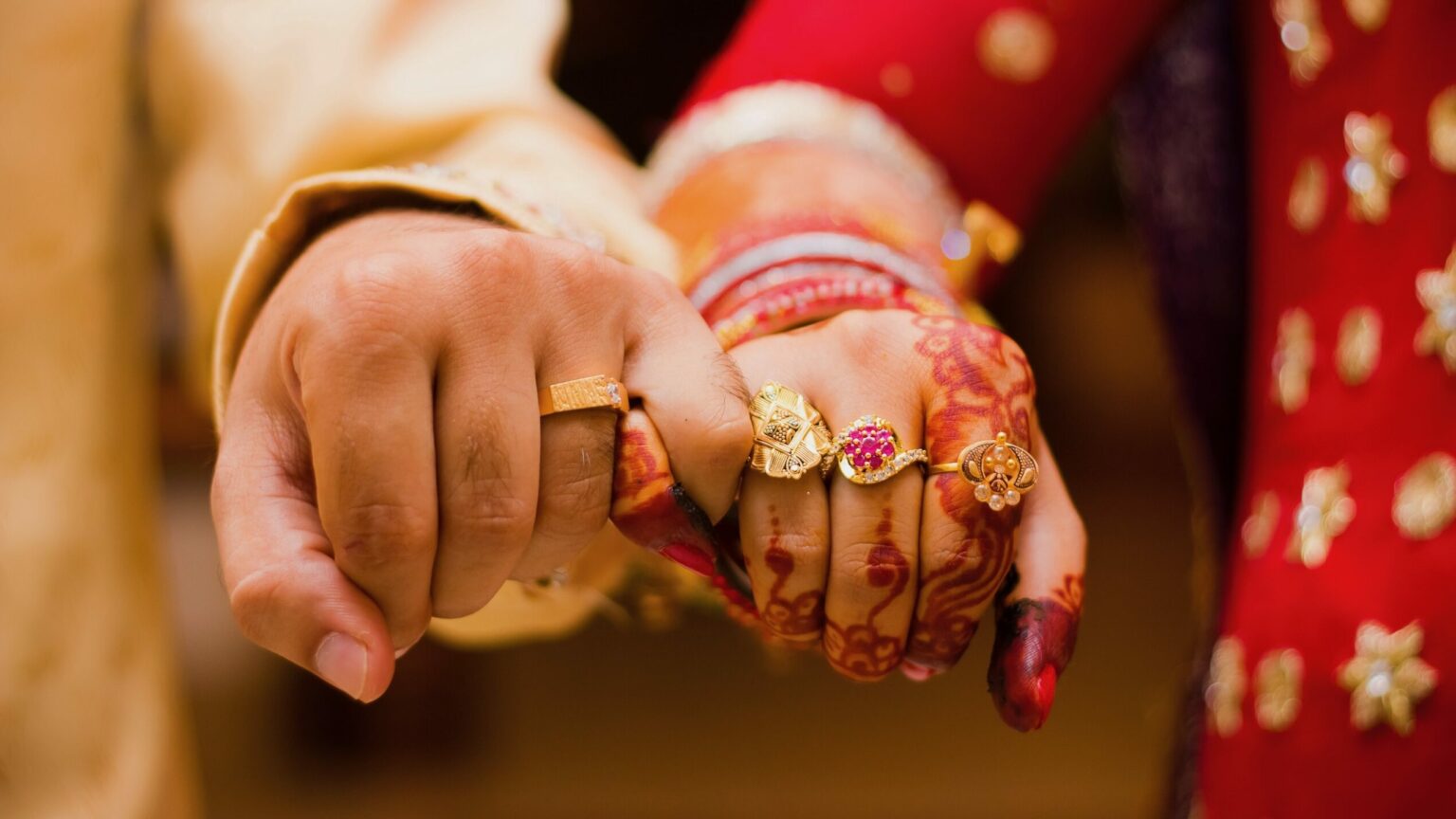The metaverse is expanding rapidly with its incorporation into school classes, court hearings, and even a marriage station. More than one couple has now walked down the virtual aisle and traded “I do”s after looking into each other’s eyes – kind of.
During the pandemic, Dinesh Kshatriyan was one of many people caught on the hop while trying to plan a wedding. Sadly, he and his wife were unable to host a reception for their big day, leading them to explore alternatives.
“The actual wedding ceremony happened physically. But then, the COVID-19 pandemic struck. So, to not spoil my life’s biggest event, we decided to host our wedding reception in digital mode,” explained Dinesh.
Dinesh and his wife aren’t alone. Last year, Abhijeet Goel and Dr Sansrati became India’s first couple to get married in a 3D Metaverse, with their wedding taking place on Yug, a made-in-India metaverse platform.
Also Read: Metaverse Court Metes Out Real-Life Justice in Colombia
Clearly the potential of the metaverse is limitless, and proponents argue that it will continue to transform how we interact, connect, and experience the world around us.
VR weddings: a growing trend
Marriage is the most expensive life event in India because it is celebrated as a week-long festival. As in other countries it is an exorbitant occasion when factoring in the cost of jewelry, clothes, decorations, food and all the rest.
The wedding market in India is huge, with a KPMG report putting its value at 3.68 trillion rupees back in 2016. What’s more, bookings for last year’s wedding season bounced back to 2019 levels.
However, the expected revenue of India’s growing wedding business may end up being impacted by “metaverse weddings,” where virtual reality replaces the flamboyance of chandeliers and carnations. Metaverse weddings are bound to be attractive to digital-native couples looking to cut costs and perhaps include guests from around the world who might otherwise struggle to attend.
Visit the largest Web3 community in the Middle East, attend a friend's wedding in the Metaverse, have dinner with real friends in Dubai…
One day of my life in 2023♥️💚🤍🖤 pic.twitter.com/DQpiqNLGoN— AIMI VR🌐ايمي (@sekiguchiaimi) February 25, 2023
“The metaverse is already enabling amazing experiences, from exclusive concerts to reality shows and even weddings. It’s changing the way we interact, connect, and have fun in the digital age. See you at the next VR party, fren,” tweeted one user.
Through the power of virtual reality, users can now explore and experience a wide range of events, activities, and social interactions in a completely immersive and lifelike manner. The extent to which metaverse weddings become popular, of course, remains to be seen.
Question of legitimacy
Despite the advantages of a metaverse wedding in comparison to its traditional counterpart – flexibility, cost savings – it is not yet legally recognized by the Indian state. Author Bhaavna Arora, however, sounds optimistic about the future, predicting, “Our legal system is going to turn marriages into VR.”
During the pandemic, new bills to recognize virtual marriages were introduced in US. On April 18, 2020, New York Governor Andrew Cuomo signed an executive order relating to virtual weddings, allowing New Yorkers to obtain marriage licenses virtually and officiants to perform ceremonies via video conference, according to Wedfuly.
Similarly, couples were allowed to apply for a marriage license via videoconference and officiants were able to perform weddings in Illinois. The only disclaimer being that it had to be in “real time” – meaning it could not be recorded.
Naturally, videoconference weddings aren’t the same as metaverse weddings between avatar representatives of real people. It will be interesting, therefore, to see how different territories manage the matter. Questions of legitimacy could surround weddings conducted in the metaverse, due to the potential for legal disputes further down the line.









 and then
and then